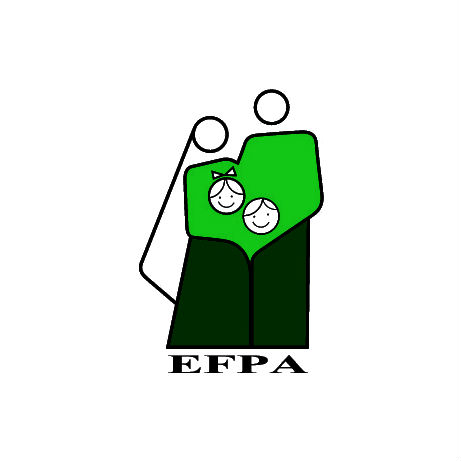

| 31 March 2016
Egyptian Family Planning Association
The Egyptian Family Planning Association (EFPA) is one of the Arab World and Africa’s primary volunteer-based associations working in family planning. Founded in 1958, EFPA is a strong, well-established, transparent and competent association, bound by the Egyptian Ministry of Social Solidarity – MoSS administrative supervision, in addition to, the Ministry of Health and Population - MoHP technical supervision. In line with its new strategic plan 2016-2022 and in accordance with the SDG’s, EFPA’s vision aspires to see all people in Egypt free regarding their sexual and reproductive choices, free from violence and discrimination. EFPA’s mission resides in continuing to lead volunteerism on SRHR, primarily through service provision, awareness raising and women and girls’ rights and empowerment, as well as, advocating for sexual and reproductive rights for all, particularly, the underprivileged and most at-risk groups. EFPA’s current scope of work within its present strategy 2016-2022, is focused on four different outcomes, namely advocacy, information and awareness raising, high-quality service provision, as well as, quality performance. On advocacy, information and awareness raising aspect, EFPA aspires that the government will respect and protect sexual and reproductive health and rights, as well as, gender equality; and people will be able to act freely in terms of their choices regarding their sexual and reproductive health and rights. The association provides awareness sessions, single sessions, as well as, a complete gender-sensitive approach Comprehensive Sexuality Education program, with special focus on young people including young women and men through its 16 different Youth Friendly Clinics - YFCs, in order to, positively affect their behaviours and life choices. The access to information and awareness raising for young people positively reflects on their access to services through EFPA’s offered Youth Friendly Services - YFSc and their understanding of their rights, leading to their empowerment and an ability to lead an informed, happier and healthier life. As for service provision EFPA adopts a beneficiaries-centred approach, where it seeks to provide 10,899,269 high-quality SRH service. The following services are offered in 102 different SDPs throughout 20 governorates, where the Integrated Package of Essential Services is provided, offering counselling services, contraception services, referral for safe abortion care (to the extent of the law) with pre- and post-abortion counselling, STIs/ RTIs treatment services, HIV/AIDS services, gyneacology services, prenatal care, in addition to, GBV services. Finally, but most importantly is EFPA’s commitment to sustain a unified, high performing and accountable association status. Thus, aspiring to positively serve and contribute to the advancement and development of the Egyptian society in terms of the SRHR field in collaboration with other entities whether governmental or other non-profit organizations, in order to, help empower all people to make, better and more informed healthier life choices.

| 31 March 2016
Rutgers
In January 2011, Rutgers Nisso Groep and the World Population Foundation merged to form Rutgers. Rutgers is dedicated to promoting sexual and reproductive health and rights (SRHR) in the Netherlands and worldwide. The organization is a non-grant-receiving full Member Association of IPPF. The 3 fundamental principles underpinning Rutgers's work are the promotion of equal sexual treatment, the protection and improvement of SRHR, and the emancipation of specific vulnerable groups, or groups with particular sexual and reproductive health (SRH) needs. Rutgers contributes to the improvement of education, prevention, counselling and policy by gathering and disseminating knowledge. It does this by conducting scientific research and developing practical and appropriate services and materials for various target groups. It produces teaching packages, websites, books and brochures. Other work undertaken by the Member Association includes the organization of disciplinary education course for first-time youth sex offenders, training for healthcare professionals, research into (and the prevention of) gender-based violence (GBV), the development of preventive interventions, and monitoring changing sexual issues in the Netherlands.







